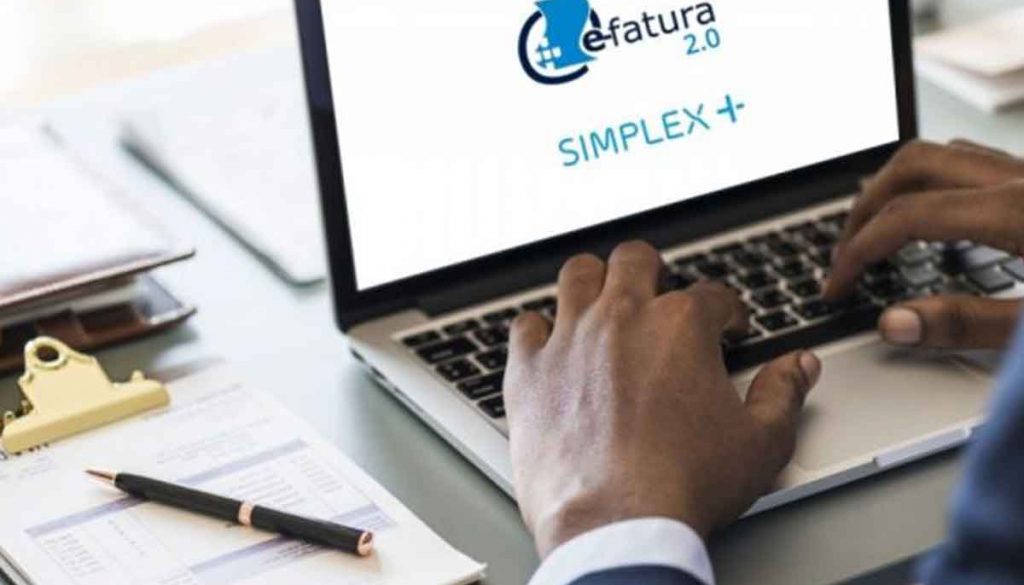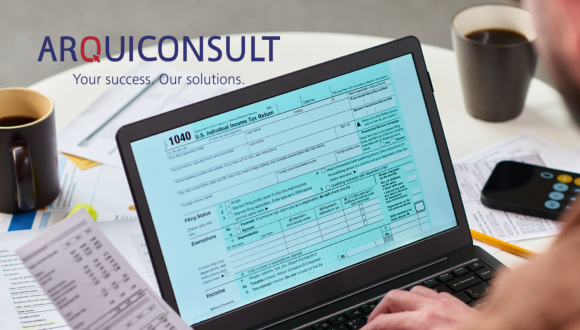EVERYTHING YOU NEED TO KNOW ABOUT E-FATURA 2.0 AND SIMPLEX +
Last December, the Government approved a set of measures, integrated in a package called e-invoice 2.0, with implications for the current invoicing rules. In 2019, on February 15th, Decree-Law 28/2019 was published, framed in the Simplex + program, which regulates the obligations related to the processing of invoices and other fiscally relevant documents, also defining the conditions for the “Paperless Invoice ”.
Last December, the Government approved a set of measures, integrated in a package called e-invoice 2.0, with implications for the current invoicing rules. In 2019, on February 15th, Decree-Law 28/2019 was published, framed in the Simplex + program, which regulates the obligations related to the processing of invoices and other fiscally relevant documents, also defining the conditions for the “Paperless Invoice ”.
The diploma aims to encourage the adoption of an electronic invoicing system and electronic document filing, thus contributing to cost optimization in complying with tax obligations, through the introduction of innovative tools and technologies. On the other hand, it seeks to strengthen the control mechanisms of transactions carried out by taxable persons, promoting greater transparency in their execution.
What changes with the new system?
We highlight some of the measures introduced and, for further details, the diploma can be consulted at: diploma.
Invoicing and SAF-T (PT) rules
During 2019, the deadline for delivery of the monthly billing SAF-T file will be the 15th of the month following the invoice issue (with effect already on billing February, communicated to AT in March).
As of 2020, the communication of the SAF-T of monthly invoicing must be made by the 10th day of the month following the issuance of the invoice.
In fact, on January 1, 2020, taxable persons must communicate by electronic means to AT, before use, the identification of the series used in the issuance of invoices and other fiscally relevant documents .
For each document series communicated, the AT assigns a code that must be part of the document’s unique code.
Taxable persons must, until June 30th, communicate on the Finance Portal:
- The identification and location of establishments where the relevant fiscal documents are issued;
- The identification of the equipment used for processing said documents;
- The certificate number of the program used;
- The identification of distributors and installers who marketed and/or installed the invoicing solutions.
A two-dimensional barcode (QR code) must be included in invoices and other fiscally relevant documents (including transport documents). This obligation takes effect from January 1, 2020.
Paperless Invoice, Electronic Invoicing and Archive Rules
One of the measures foreseen is the possibility of issuing invoices, with waiver of printing on paper (provided that this is not required by the purchaser).
To this end, it must be ensured that:
- Invoices contain the acquirer’s TIN;
- Invoices are processed by a certified program;
- Issuers opt for electronic transmission in real time of invoice elements.
Decree-Law No. 28/2019 also defines the conditions for carrying out Electronic Invoicing, as well as the rules for Digital and Physical Archives. Among the available indications, we highlight:
Relevant fiscally documents may, with acceptance by the recipient, be issued electronically, provided that the authenticity of the origin and integrity of the transmitted information is guaranteed, through one of the following routes:
- Electronic signature;
- Electronic seal;
- Use of an electronic data interchange (EDI) system.
The Arquiconsult is already working to ensure compliance with these new requirements, together with the SoftStore – software house responsible for the Portuguese localization of Dynamics NAV/365 Business Central.
With regard to Electronic Invoicing, Arquiconsult offers its clients the ArqEBI solution. Learn here all the details.


